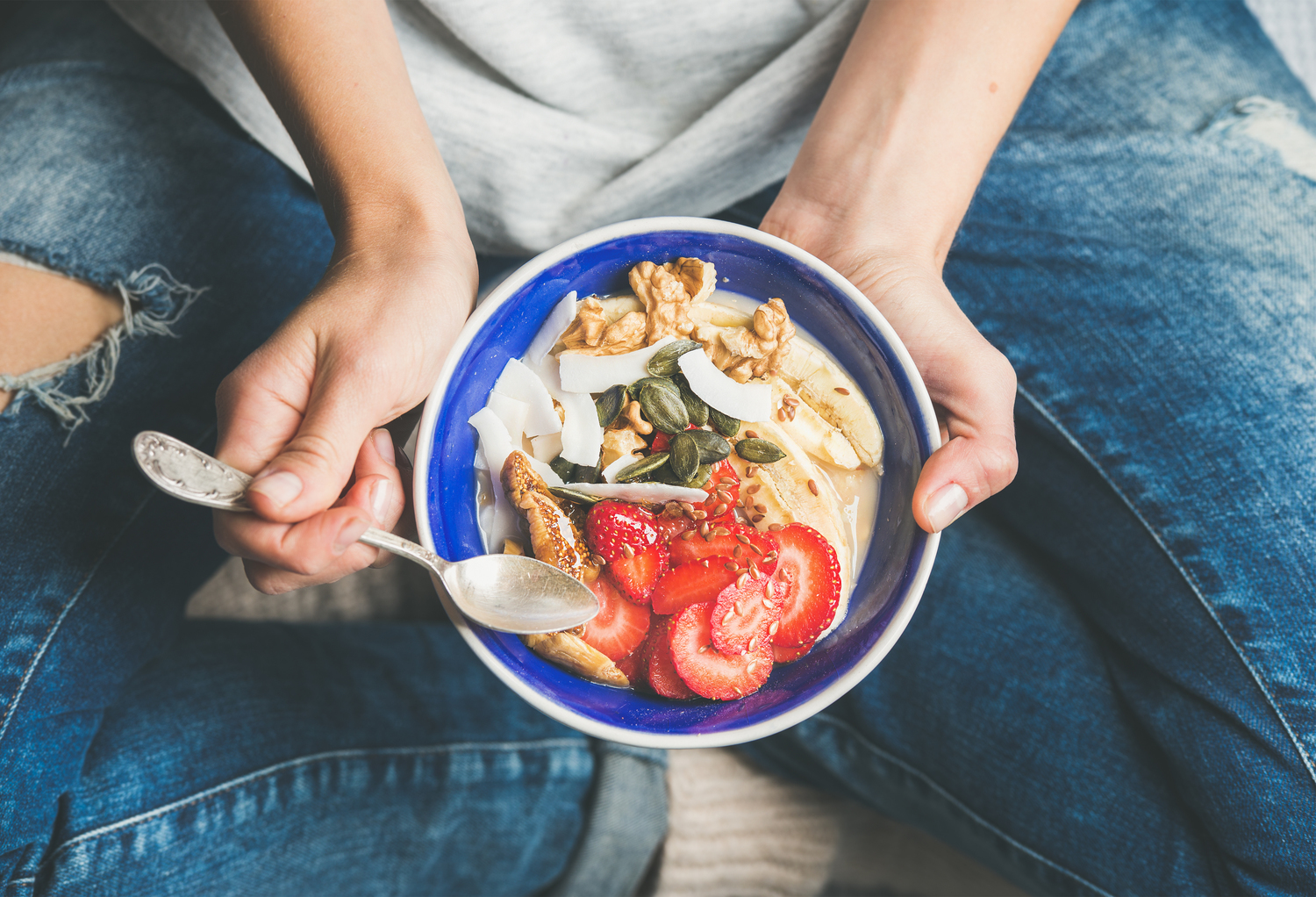Sleep Apnea – Foods To Help You Get A Good Nights Sleep
Sleep apnea is one of the many sleep disorders that can disrupt a good night’s rest and result in fatigue during the daytime. The condition forces your body to breathe intermittently throughout the night, and the most common type of sleep apnea occurs due to a blocked air passage that causes multiple short pauses in breathing without you even realizing it. Often, these short breaths are also accompanied by loud snoring.

There are three types of this condition: obstructive sleep apnea, central sleep apnea, and complex sleep apnea. In addition, the severity of the symptoms varies depending on the type of condition, which also affects the method of treatment. Having said that, some dietary and lifestyle changes can help you effectively manage the symptoms associated with sleep apnea. For starters, a healthy overhaul of your diet to accommodate the following foods will help you sleep well at night:
- Foods with complex carbohydrates
Whole foods are great sources of complex carbohydrates that are both good for overall health and help induce deep sleep. Research shows that low blood sugar levels can result in poor sleeping habits as it affects the body’s natural process of producing serotonin, a hormone that contributes to the feeling of wellbeing and happiness, both of which are crucial for good rest. So, avoid white bread, baked sugary goods, and refined pasta and switch to whole-grain bread, cereals, and pasta, along with brown rice or even barley for meals during the day. These sources of complex carbohydrates are also rich in fiber and help promote digestive health. Additionally, if you crave a bedtime snack, opt for whole-wheat crackers or popcorn as they have high fiber and complex carbs. - Melatonin-rich foods
Quite similar to serotonin that triggers optimal REM sleep, melatonin regulates your biological clock and tells your mind and body when it’s time to go to sleep or wake up. Melatonin is available both naturally and in the form of supplements, but dietary sources are recommended to help regulate your sleep cycles. Rice, barley, and oats are excellent wholesome sources of the hormone, and you can also add corn, asparagus, broccoli, cucumber, tomatoes, and olives to your daily diet to boost melatonin levels. Fruits like cherries, grapes, and pomegranates, along with a variety of nuts and seeds, including walnuts, peanuts, mustard seeds, flax seeds, and sunflower seeds, are rich in melatonin. All these foods replenish the vital sleep-wake hormone naturally, enabling you to overcome sleep disturbances and disorders like sleep apnea. - Foods rich in tryptophan
Tryptophan is an amino acid that is converted into serotonin by the body, which then converts into melatonin. It means that this vital nutrient found in proteins helps you sleep better by naturally increasing your melatonin levels. You can easily include protein-rich foods in your daily diet to increase your intake of tryptophan.
As it’s present in most household staples, simply include more dark green and leafy vegetables like asparagus, spinach, broccoli, turnip greens, onions, and seaweed. Fruits like avocados, peaches, apples, and bananas are also an important part of a healthy diet to counter the effects of sleep apnea. Meats and seafood are also rich sources of the dietary protein, and a variety of legumes, nuts, and seeds also help increase the tryptophan levels in your body. If you have been diagnosed with sleep apnea, consume dairy products like milk, cheese, and yogurt regularly as they are loaded with the amino acid and induce better sleep. Also, tryptophan is one of the leading reasons behind the suggestion of having a glass of warm milk before bedtime. - Calcium-rich foods
It’s common knowledge that calcium is a crucial compound for bone health, but along with that, this nutrient helps promote the production of melatonin from tryptophans. That’s right, foods rich in calcium can help convert this common nutrient found in proteins into one of the crucial hormones to ensure better sleep. Melatonin plays a key role in transforming the mind and body from a complete state of wakefulness to sleep by relaxing the body and promoting wellbeing. And the best part? Calcium-rich foods are commonly available. So, if you have been diagnosed with a sleep-related disorder like insomnia or even sleep apnea, switch to a calcium-rich diet. - Dietary sources of magnesium
Magnesium triggers a biological reaction in the body that deactivates the effects of adrenaline. Simply put, the nutrient helps power down the body and invoke a state of restfulness. A natural relaxant present in many foods, clinical research suggests that optimum levels of this mineral in your body help improve sleep. Bananas and avocados are good sources of dietary magnesium, and you can also add leafy greens with legumes to your diet, along with seafood and dairy products like yogurt. Also, don’t forget to add a handful of almonds, cashews, pecans, or Brazil nuts to your daily diet to get quality sleep at night.















